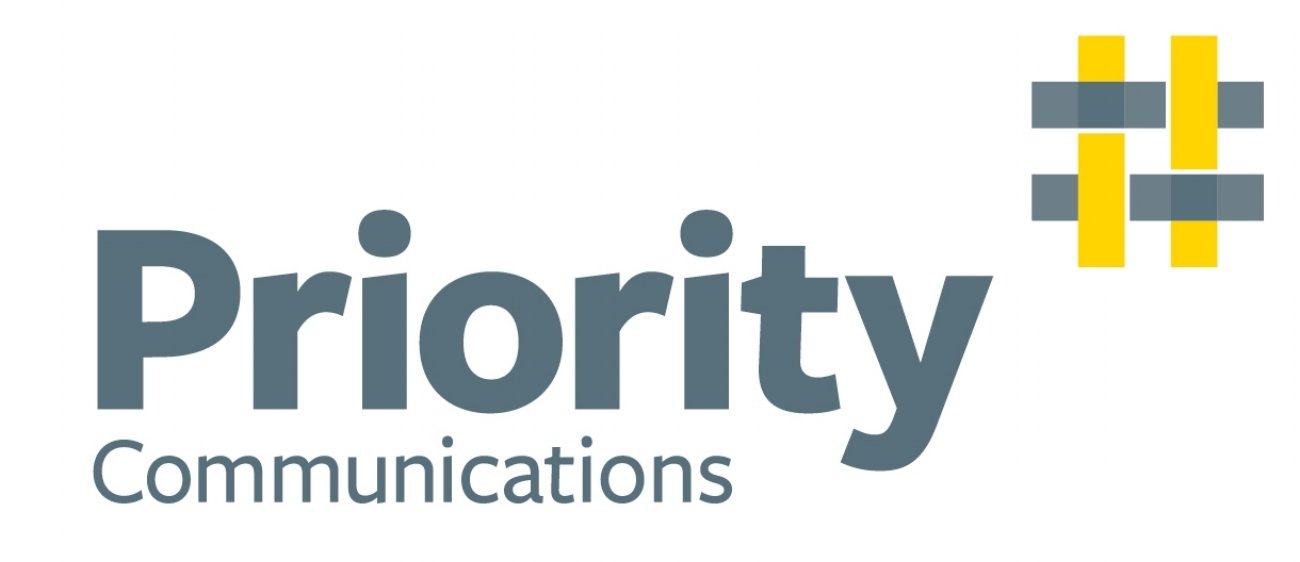Why you should know your company's story - Branding and public relations
Picture this. You're at a networking function, when someone introduces you to your dream client. The client flashes you a big smile, pats the enormous wallet in their backpocket, and says "so tell me about your company?"
Do you:
a) shake their hand and say I’ve got someone who’d love to talk to you and hurry to find your more articulate sales manager,
b) stammer, fidget and blurt out a bunch of buzzwords that would fit your competitors better or,
c) reach to the recesses of your brain and deliver your finest ever 15 second elevator pitch.
From what we know c) is a rarity. One of the most common reasons companies seek our help is because they don’t know their own story and often who they need to connect with.
It’s not only new companies that struggle with their identity. Some businesses manage to get through life with a great product or great service that masks their inability to define themselves. I’m sure you will have seen them - bland logo, unmarked truck, utilitarian website and a name like Smith & Sons. They might be doing well enough to feed themselves but have no idea what profits they could make by being more visible and really telling potential customers what they are all about.
Other businesses may have known their company story, been well branded, and had a good marketing communications strategy in place, when they first started but over the years they may have changed direction, started offering different products and now appeal to a different demographic. All of a sudden, the CEO will start stammering at dinner parties and realise the story they’ve been telling no longer fits.
Developing your company story isn’t rocket science. The knowledge is already sitting around your boardroom table but you are likely to need help to develop a strong Value Proposition, produce your story and then refine it to a 15 second elevator pitch.
Questions to consider might be what is your core offering; who are your customers and why; and who would you like to attract to your business in the future? What are your competitors doing? Do you offer something distinctly different from them?
Once you have a great story to tell, the language and imagery that you use on your website, social media, cars and all your collateral can be developed.
It’s an exciting process and one definitely worth considering if you want to hide whenever someone asks about your company.
